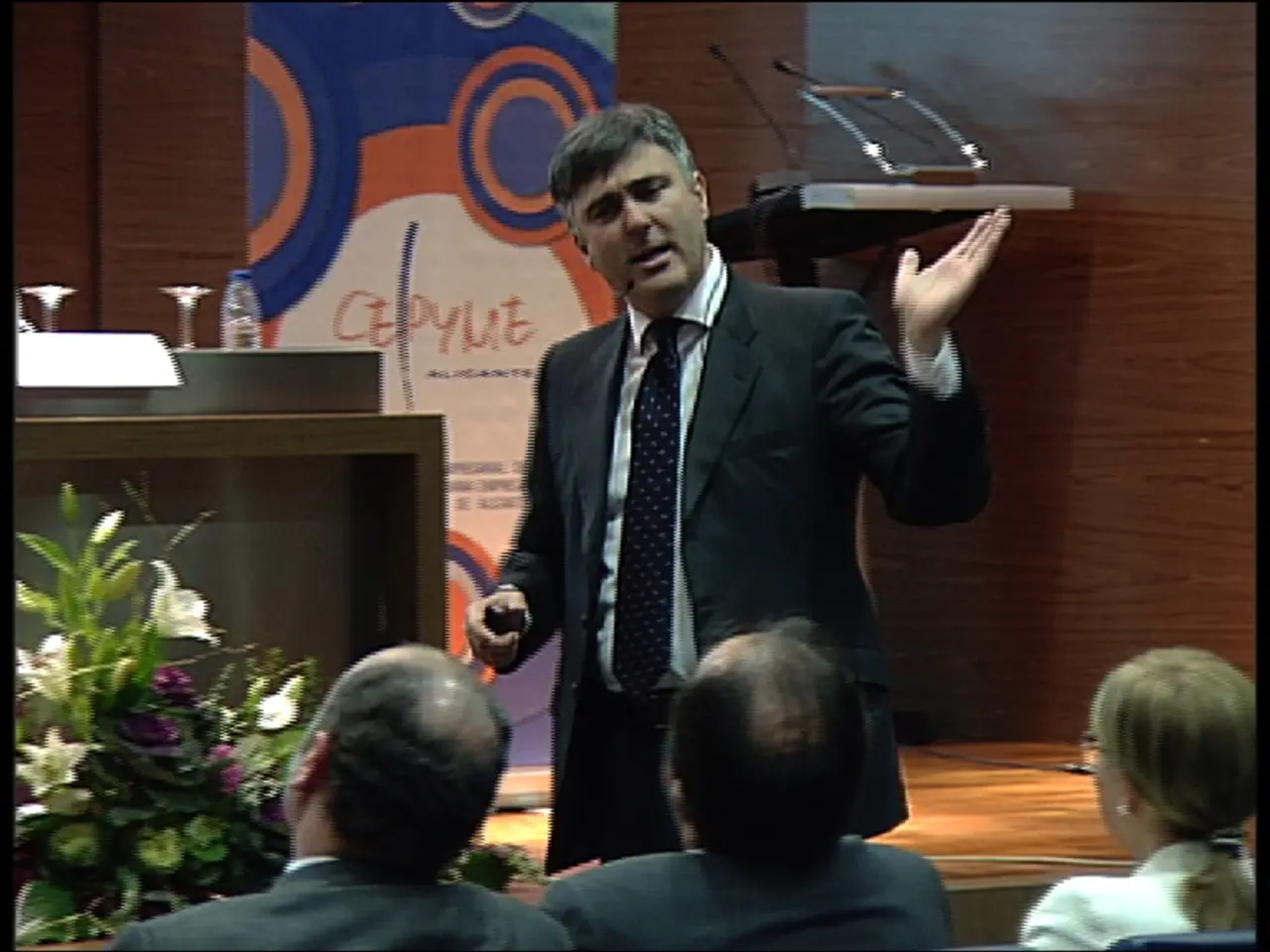Trump aims to secure an agreement with Netanyahu by the end of the week.
The ongoing ceasefire negotiations between Israel and Hamas, taking place in Doha, Qatar, are facing significant challenges as both parties struggle to reach a consensus on the resolution of the 21-month-long Gaza War.
Indirect talks, which resumed on July 6-7, 2025, involve Israeli negotiators sent by Prime Minister Benjamin Netanyahu engaging with Hamas representatives through intermediaries. The discussions are centred around a U.S.-proposed 60-day ceasefire that aims to pause hostilities, allow increased humanitarian aid, and potentially release hostages held by Hamas.
However, Hamas has demanded guarantees for an eventual total end to the war and a complete Israeli withdrawal from Gaza. They view the truce as a stepping stone to peace and the removal of Israeli military presence. Israel, led by Netanyahu, has rejected these demands, insisting that the war will only end when Hamas is either militarily defeated, surrenders, disarms, or its leaders go into exile—a condition Hamas refuses to accept.
President Trump is actively involved in facilitating these negotiations, supporting the 60-day ceasefire plan and hoping it will lead to an eventual end of the war in Gaza and broader peace in the Middle East.
The main sticking points in these negotiations include whether the ceasefire signifies a full end to hostilities or a temporary pause, Hamas's insistence on Israeli withdrawal and a war-ending commitment, and Israeli refusal to agree to a withdrawal or war-ending clause without Hamas's military defeat.
Despite these setbacks, experts remain cautiously optimistic that a temporary truce could be reached in the near term to alleviate humanitarian suffering. However, a comprehensive peace agreement remains elusive.
Meanwhile, tensions in the region continue to escalate. The Houthis, who have been using Yemen's ports to transport weapons from Iran for terrorist activities against Israel and its allies, have repeatedly attacked Israel with rockets and drones during the Gaza War. In response, the Israeli army has reported attacking a power plant in Ras Kanatib near the port city of Hudaida and military facilities of the Iran-linked Houthi militia in Yemen overnight.
As the negotiations continue, the future of the Middle East remains uncertain, with both hope for peace and the threat of continued conflict looming large.
The 60-day ceasefire plan, supported by President Trump, encounters obstruction in the peace talks between Israel and Hamas due to the disagreement about whether the truce signifies a total end to hostilities or a temporary pause. Politics and general news are closely watching these war-and-conflicts negotiations as both Israel and Hamas persistently hold their respective positions, with Israel rejecting Hamas's demands for Israeli withdrawal and war-ending guarantees.





